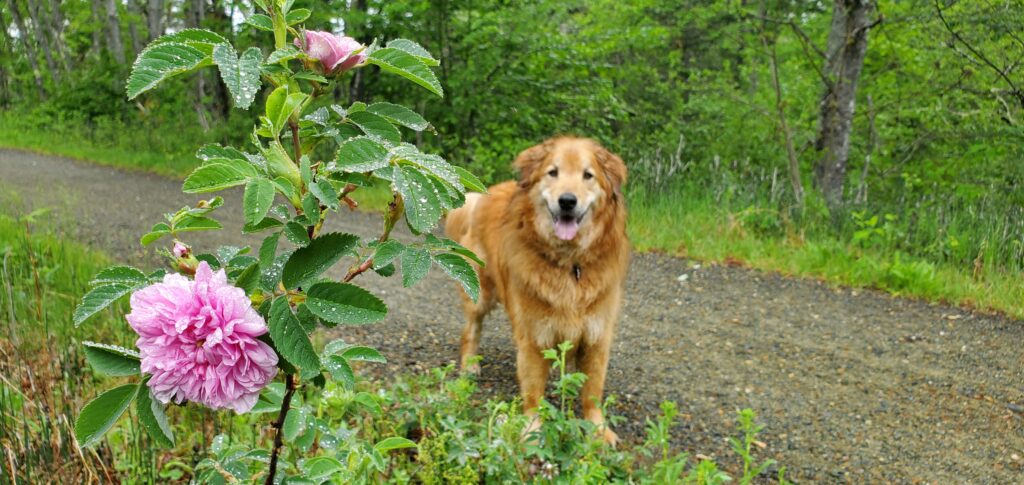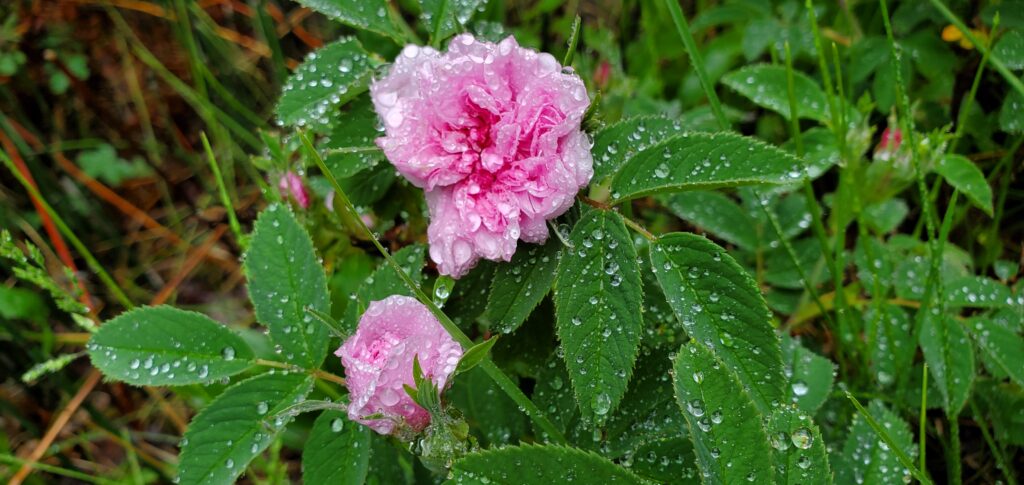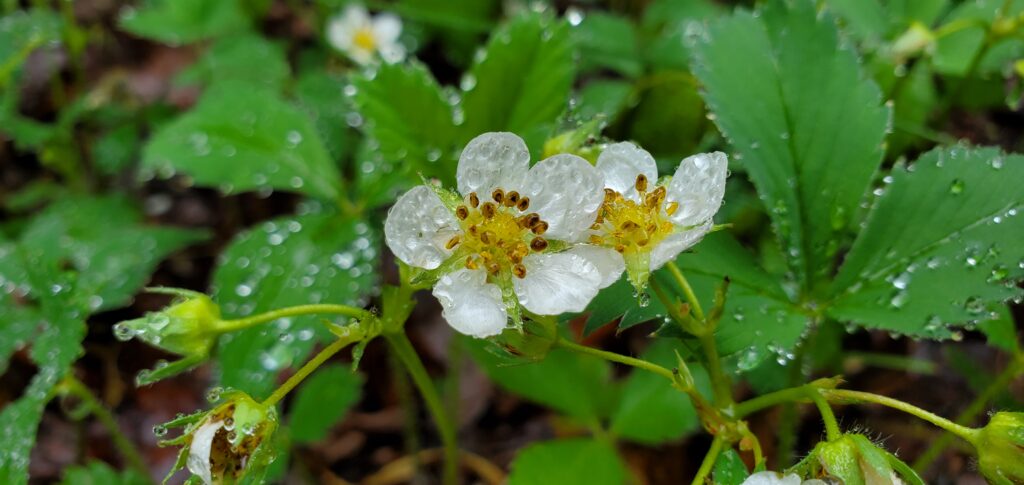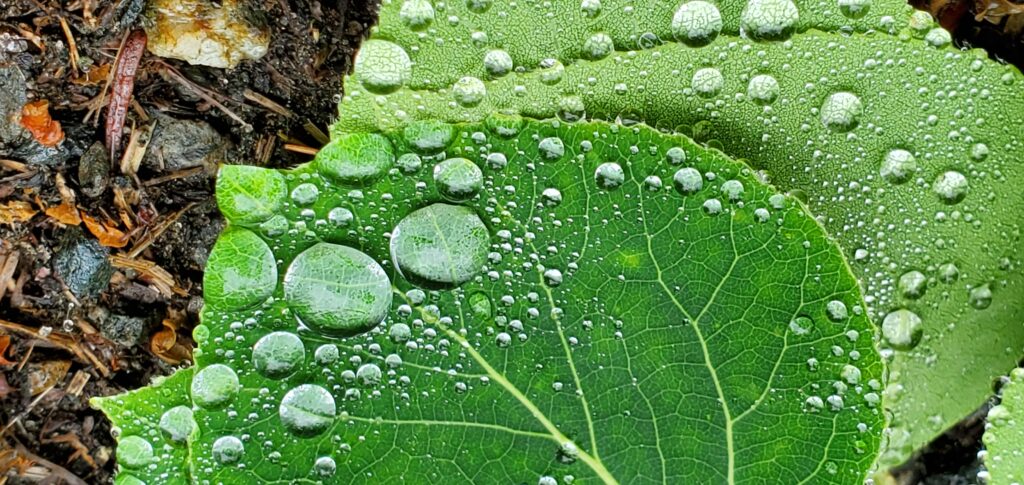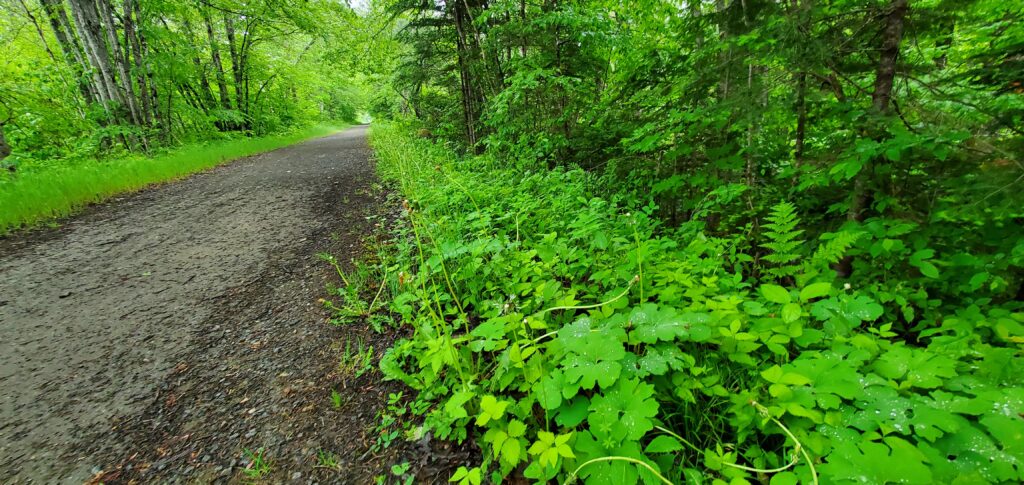The range of temperatures in New Hampshire this spring has been astonishing. Temperatures reached 85 when I hiked the Welch-Dickey Loop in the middle of April. There was still snow on the ground and I wasn’t at all acclimated to the heat. I felt like I was being grilled on the granite slabs and I needed to stop quite a few times to rest. Within days temperatures were back in the 40s and 50s.
By the middle of May, as all the fresh green leaves were beginning to unfurl, I noticed that there were still trees with the red rusted look of early spring, when the buds are still closed. Looking closer, I realized that the leaves of many of the oak trees and some of the beech were burned or dead. I have never noticed something like this happening before, so I did some research.
A June 2nd press release from the New Hampshire Department of Natural & Cultural Resources confirmed that the state was hit with the worst frost in more than 100 years. At least 100,000 acres were impacted by an “unusually deep late-season frost.” While many oak trees lost their spring leaves, it’s expected that they will put out new leaves and fully recover by July.
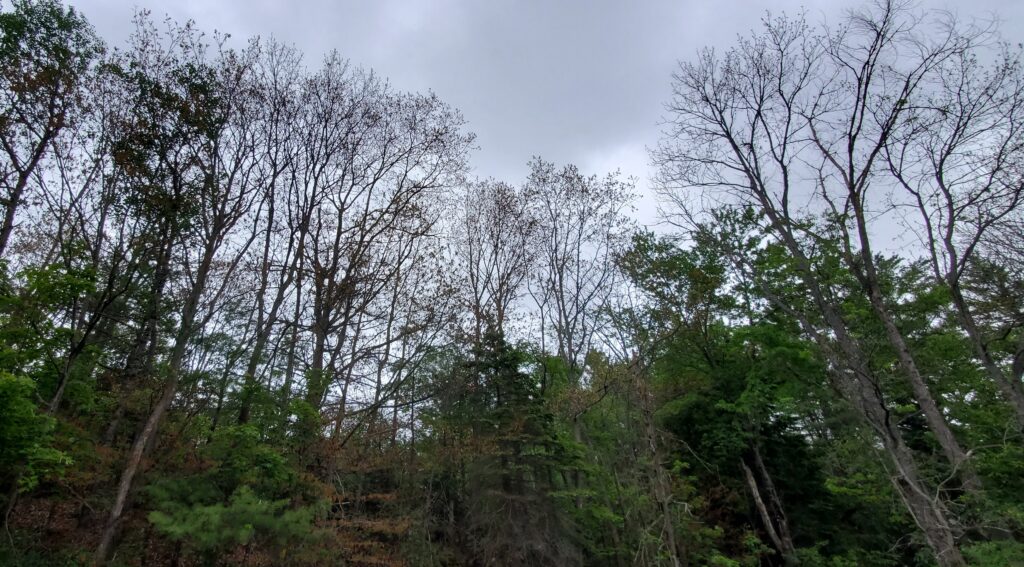
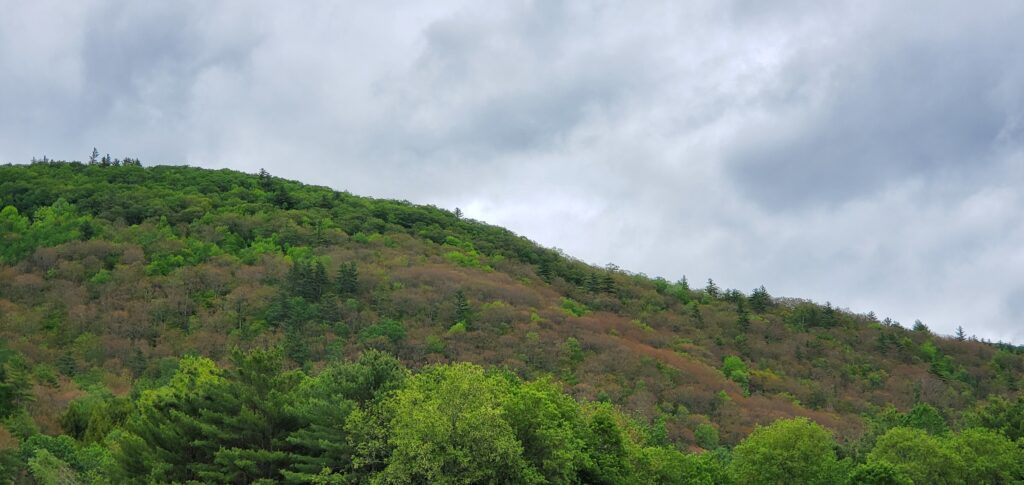
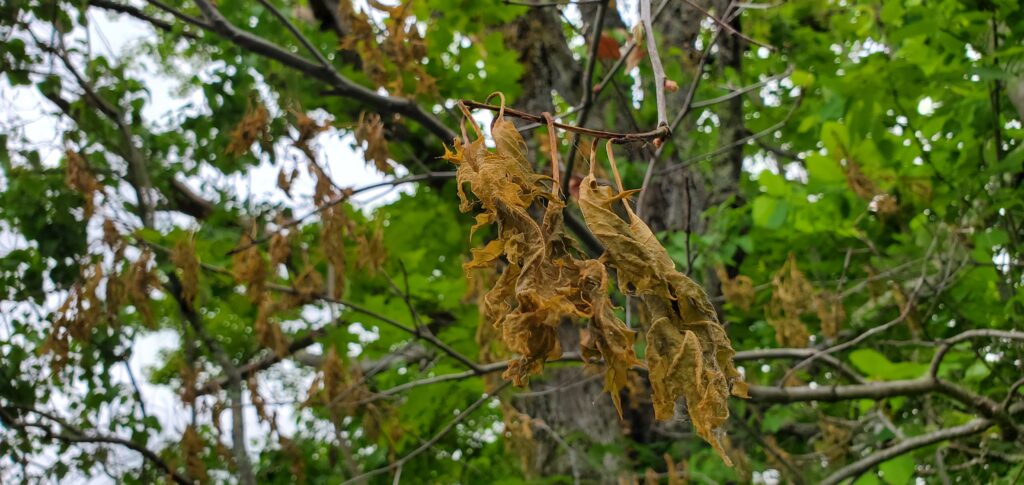
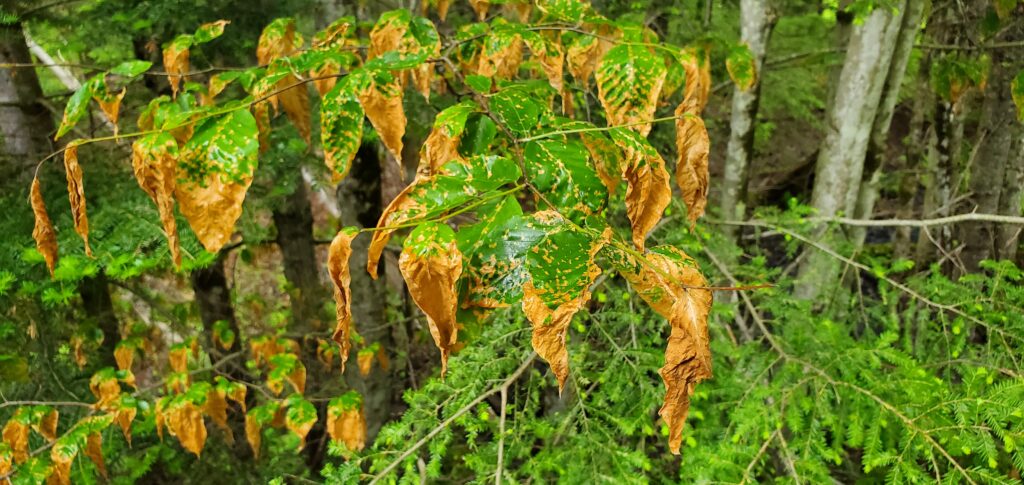
After the worst frost in 100 years, the temperature climbed to well over 90 degrees. Some of the thinner trunked poplar trees sagged toward the ground. The lilacs burned up before the last buds could blossom. The Northern Rail Trail went from having enough water from rain and snowmelt to allow beavers to swim alongside my dog and I as we walked, to hardly enough water for the frogs. I was keeping an eye on the nesting birds on our porch as the dry hot weather continued. Around that time, the skies were hazy from the wildfires in Nova Scotia. Things were looking pretty bad.
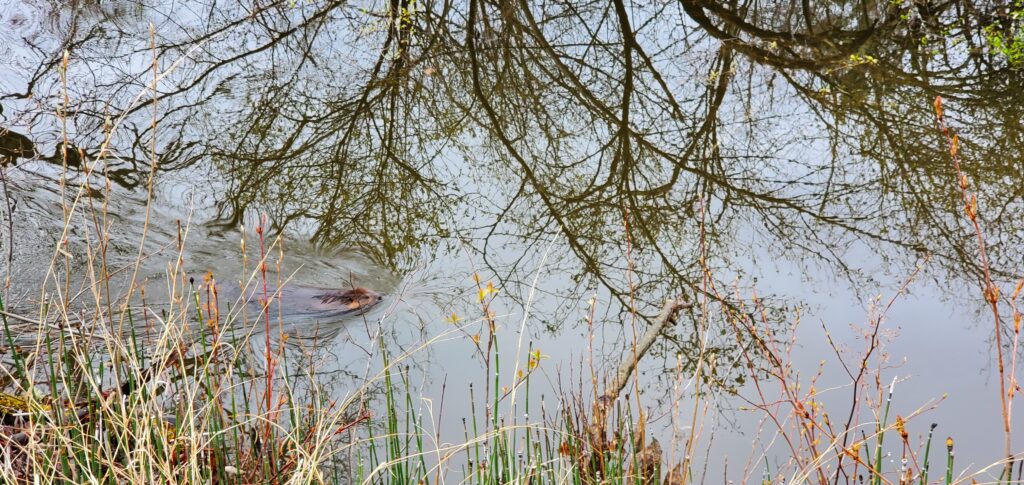
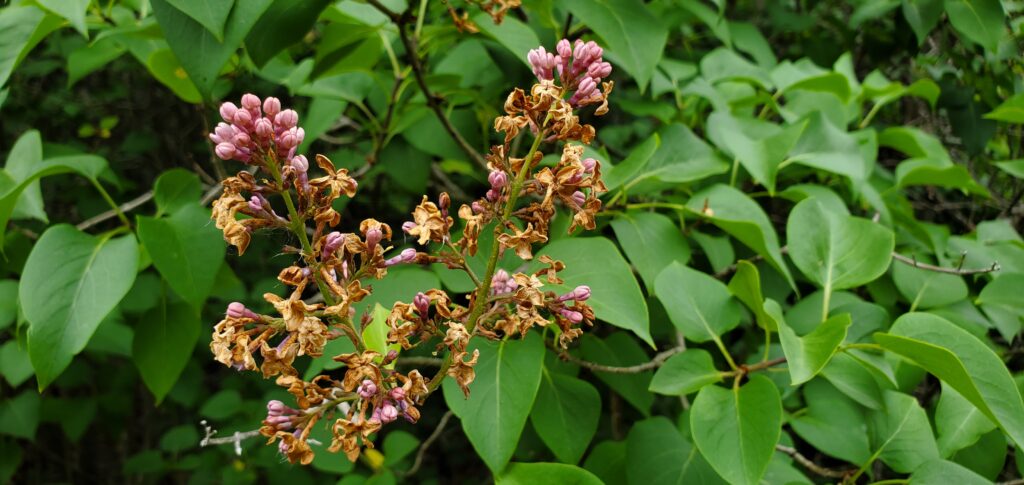
But then, the switch flipped, the clouds moved in, and the temperature dropped 30-40 degrees. The weather turned misty and cool, then the heavier rain moved in. The limbs of the poplars straightened, and the birds on the porch survived the heatwave. I think they’ll be flying out of the nest any day now. Our environment is incredibly delicate, but also stunningly resilient. I feel thankful for the last few days of rainy weather. I hope it helps Nova Scotia, which is still battling uncontrolled fires as I write this.
